Uncategorized
-
 Oceans
OceansGulf oil spill could hasten corrosion of shipwrecks
Oil from the Deepwater Horizon disaster could hasten the corrosion of historical shipwrecks in the Gulf of Mexico, new studies of marine microbes suggest.
-
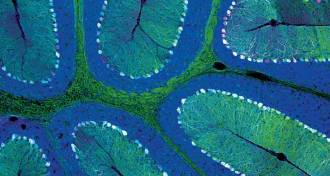 Neuroscience
NeuroscienceBrain cells aglow after viral delivery
The virus AAV-PHP.B proves best at delivering genes to brain cells in mice. Similar viruses may eventually be used for gene therapy in humans.
-
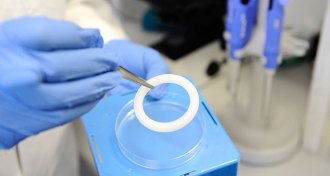 Health & Medicine
Health & MedicineVaginal ring somewhat effective at preventing HIV infection
Studies of vaginal ring for HIV protection show promise, challenges.
By Laura Beil -
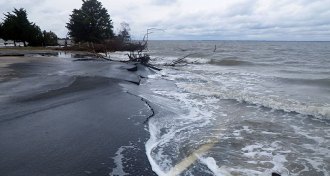 Climate
Climate20th century sea level rose at fastest rate since founding of Rome
Sea levels rose more rapidly in the 1900s than during any other century in at least 2,800 years, with global warming causing at least half that rise.
-
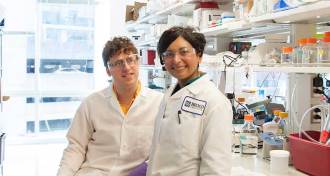 Genetics
GeneticsPrion disease gets personal
Diagnosis of a brain-wasting disease drove a married couple into science.
-
 Earth
Earth‘Eruption’ looks back at devastating Mount St. Helens blast
In Eruption, a science writer recounts the societal, economic and geologic forces that contributed to the Mount St. Helens disaster.
By Sid Perkins -
 Agriculture
AgricultureFDA to test foods for controversial herbicide
Amid controversy and conflicting studies, the FDA will test food for glyphosate, the most widely used herbicide in the world.
-
 Psychology
PsychologyPsychologist probes possible link between prodigy, autism
The Prodigy’s Cousin explores the baffling world of child prodigies and people with autism.
-
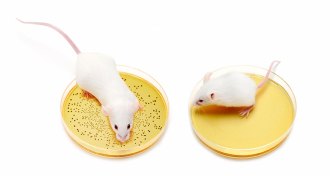 Microbes
MicrobesMissing gut microbes linked to childhood malnutrition
The right mix of gut microbes could prevent kids from succumbing to malnutrition.
By Meghan Rosen -
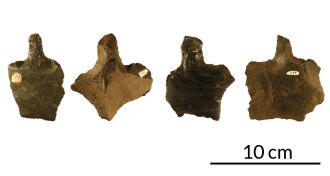 Archaeology
ArchaeologyEaster Island people used sharpened stones as tools, not weapons
Sharp-edged stone tools enabled daily survival, not warfare, on Easter Island.
By Bruce Bower -
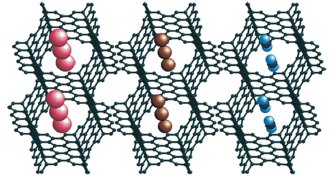 Materials Science
Materials ScienceNew carbon cluster has high storage capacity
A new carbon structure could store gases or liquids in honeycomb-shaped cells.
-
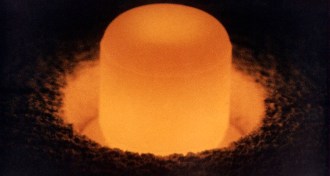 Chemistry
ChemistryAfter 75 years, plutonium is still NASA’s fuel of choice
On the 75th anniversary of the discovery of plutonium, the radioactive element is still not a major source of fuel for nuclear power plants in the United States.